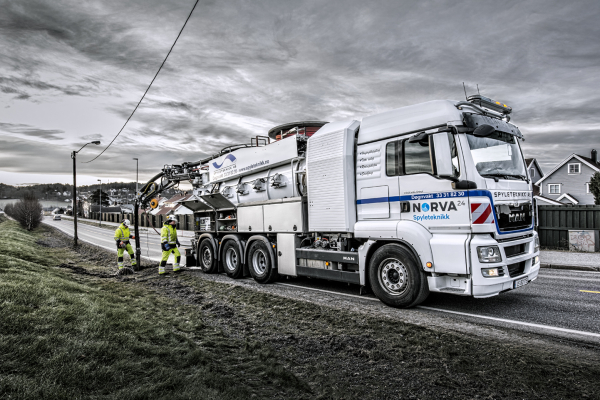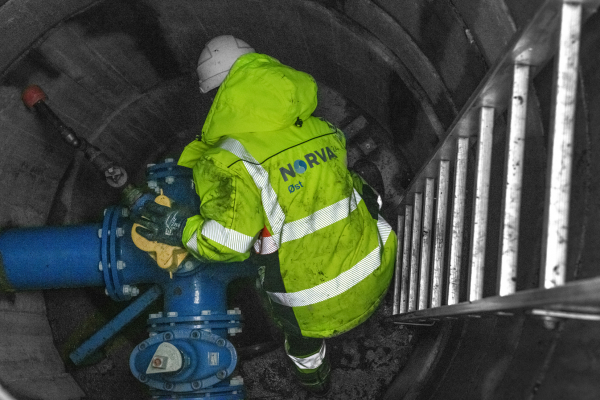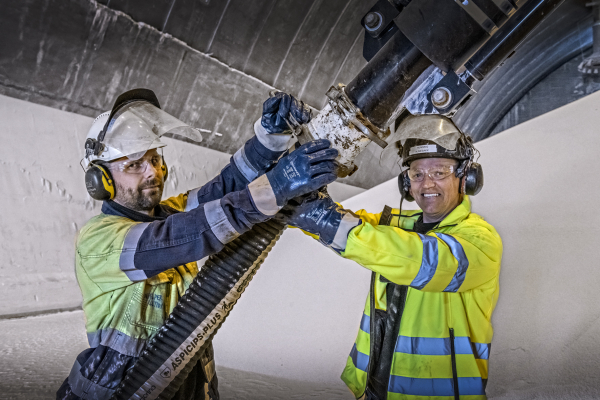Climate change
|
|
|
12% increase in rainfall |
Climate change has and will likely continue to increase the frequency of more extreme weather conditions, which has multiple effects on the underground infrastructure. UIM services offer solutions for handling the pressures placed on underground infrastructure caused by climate change, as a well-maintained underground infrastructure is essential to cope with increased precipitation and to reduce the risk of flooding.
The increase in extreme weather events due to climate change implies that capacity requirements of the day water systems will have to increase. More precipitation will be challenging for the current water systems. This will lead to problems handling higher water levels, which can lead to sewer flooding and contamination of sewage to the environment. It is not only more precipitation that strain the underground infrastructure, but extraordinary dry weather may also result in increased need for cleaning services such as underground infrastructure and water pipes, since the flow through the system from normal weather conditions result in self-cleaning. An expected increase in average temperatures can also lead to sanitation problems occurring in the drinking water supply system, due to possible bacterial contamination. Local weather conditions vary significantly when it comes to intensity of precipitation, topography as well as self-drainage capacity. Investments in the underground infrastructure can lead to better handling of extreme weather conditions, by increasing the retention capacity, both through more access points to the underground infrastructure and through higher storage volumes in the retention basins. This type of investment in underground infrastructure, however, are not a sustainable solution, and municipalities will need to continue to address problems resulting from climate change. As a result UIM services are essential for society in regions with extreme weather due to climate change.
In addition, climate change and an increased environmental awareness among customers have increased the importance of ESG as a scoring criterion, especially in public tender processes, which further drives scale advantages within the industry and creates opportunities for premium pricing.


